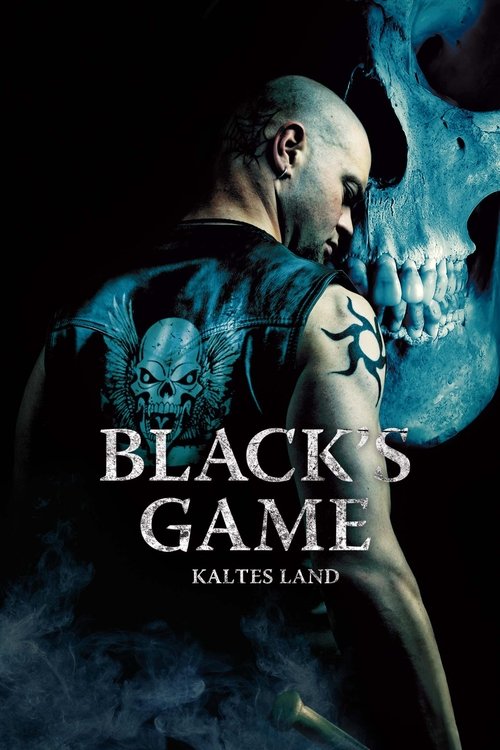
 Disclaimer - This is a news site. All the information listed here is to be found on the web elsewhere. We do not host, upload or link to any video, films, media file, live streams etc.
Kodiapps is not responsible for the accuracy, compliance, copyright, legality, decency, or any other aspect of the content streamed to/from your device.
We are not connected to or in any other way affiliated with Kodi, Team Kodi, or the XBMC Foundation.
We provide no support for third party add-ons installed on your devices, as they do not belong to us.
It is your responsibility to ensure that you comply with all your regional legalities and personal access rights regarding any streams to be found on the web. If in doubt, do not use.
Disclaimer - This is a news site. All the information listed here is to be found on the web elsewhere. We do not host, upload or link to any video, films, media file, live streams etc.
Kodiapps is not responsible for the accuracy, compliance, copyright, legality, decency, or any other aspect of the content streamed to/from your device.
We are not connected to or in any other way affiliated with Kodi, Team Kodi, or the XBMC Foundation.
We provide no support for third party add-ons installed on your devices, as they do not belong to us.
It is your responsibility to ensure that you comply with all your regional legalities and personal access rights regarding any streams to be found on the web. If in doubt, do not use.
 Kodiapps app v7.0 - Available for Android.
You can now add latest scene releases to your collection with Add to Trakt. More features and updates coming to this app real soon.
Kodiapps app v7.0 - Available for Android.
You can now add latest scene releases to your collection with Add to Trakt. More features and updates coming to this app real soon.

A template gangster movie that with little adaptation could be set anywhere in Europe in the last thirty years or so. Satisfies an urgent need for action and is easily forgotten after. The story is as predictable as can be and characters fill their cut out roles. Worth mentioning is the well performed, although one dimensional, crime lord Bruno by Damon Younger. Not a bad movie for its genre but also nothing special.

A soldier introduces himself to the Peterson family, claiming to be a friend of their son who died in action. After the young man is welcomed into their home, a series of accidental deaths seem to be connected to his presence.

THE BLUE HOUR tells the story of Tanya, a young woman with a mysterious past who finds herself trapped in a sexual hell in Los Angeles. Punctuated by striking visuals and avant-garde editing, THE BLUE HOUR is a lost masterpiece of late period sexploitation.

In 1952, Amédée took his own life by jumping into the Seine. No one knows the reason for this tragic act. His story comes to us in bits and pieces.

Moby Dick is an unfinished film by Orson Welles, filmed in 1971. It is not to be confused with the incomplete (and now lost) 1955 film Welles made of his meta-play Moby Dick—Rehearsed, or with Moby Dick (1956 film), in which Welles played a supporting role. The film consists of readings by Welles from the book Moby Dick, shot against a blue background with various optical illusions to give the impression of being at sea. It was made during a break in the filming of The Other Side of the Wind. There is some ambiguity about what Welles intended to do with the footage, and how he was going to compile it. It remained unedited in his lifetime.

Jinsa Maeng's daughter is contracted to marry a nobleman's son, however, Jinsa Maeng is upset when he hears about a rumor that the fiance of his daughter is lame. Finally, he decides to take on the idea of arranging his maid to take his daughter's place in the wedding.

A gambler, fresh out of prison, and a beautiful hooker find themselves caught in an underground scheme that's spinning wildly out of control.

Brimming with action while incisively examining the nature of truth, "Rashomon" is perhaps the finest film ever to investigate the philosophy of justice. Through an ingenious use of camera and flashbacks, Kurosawa reveals the complexities of human nature as four people recount different versions of the story of a man's murder and the rape of his wife.

The brief life of Jean Michel Basquiat, a world renowned New York street artist struggling with fame, drugs and his identity.